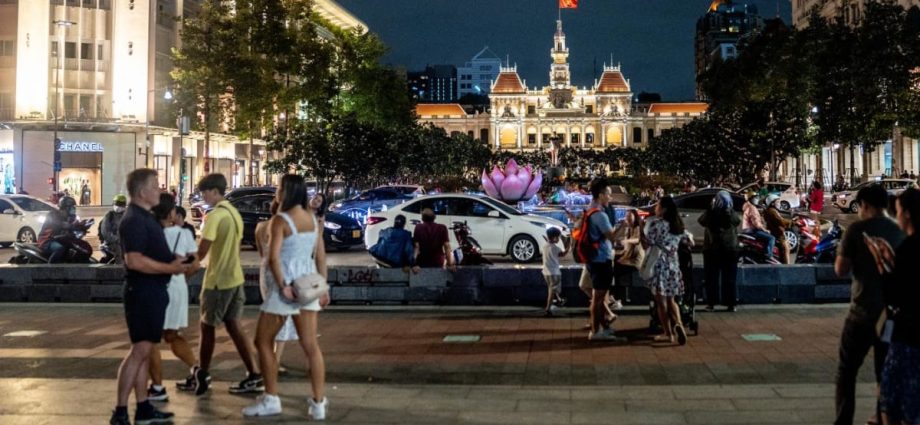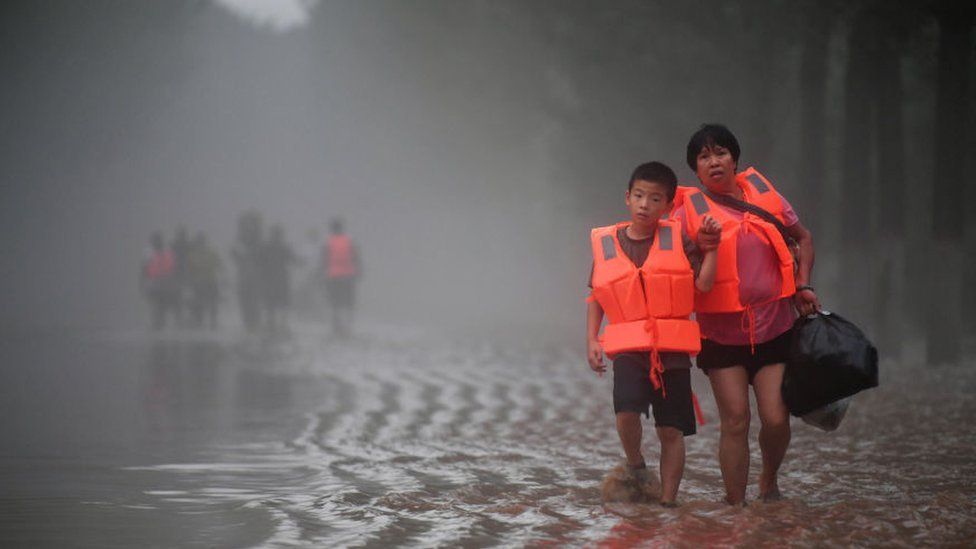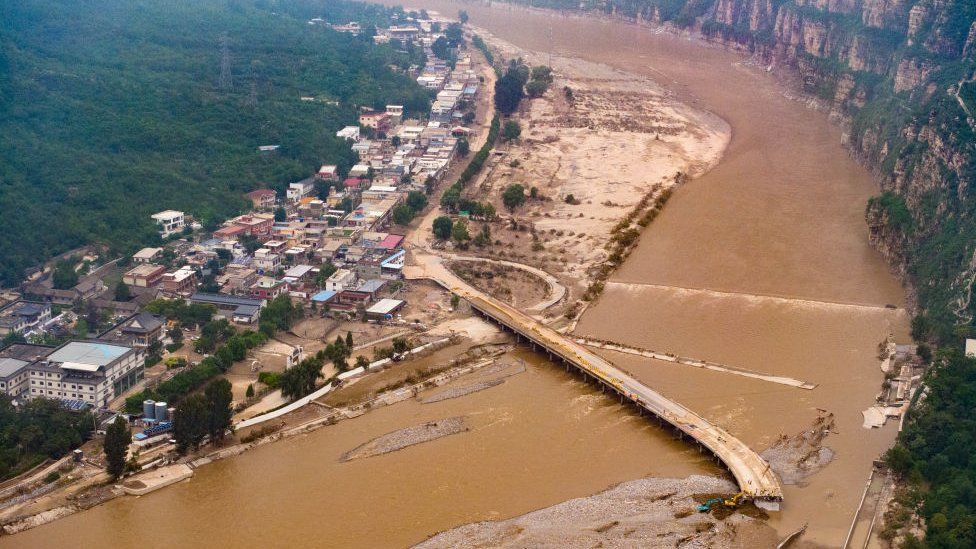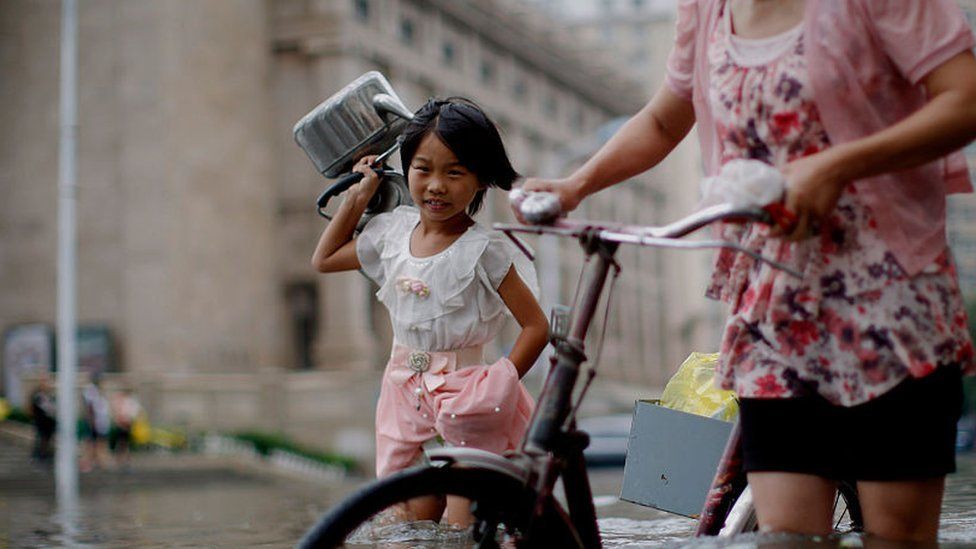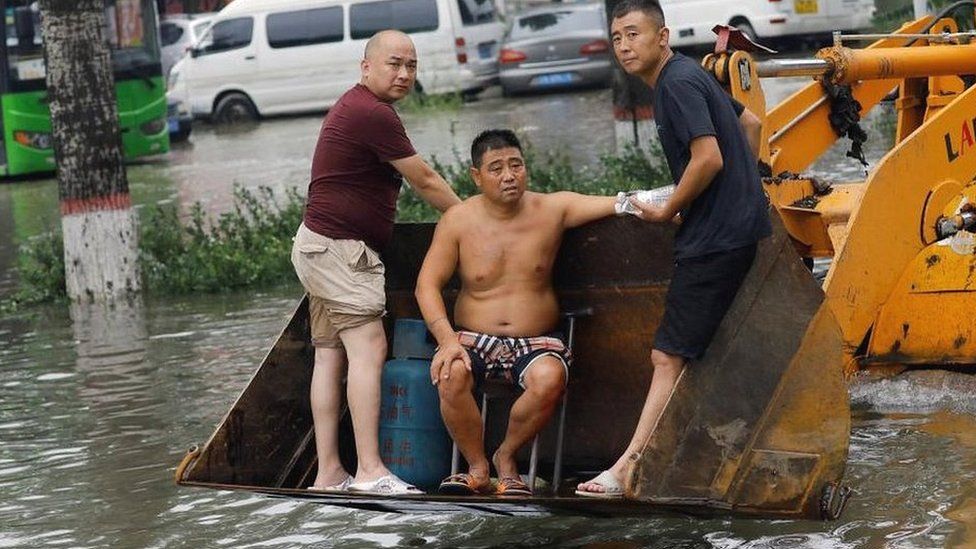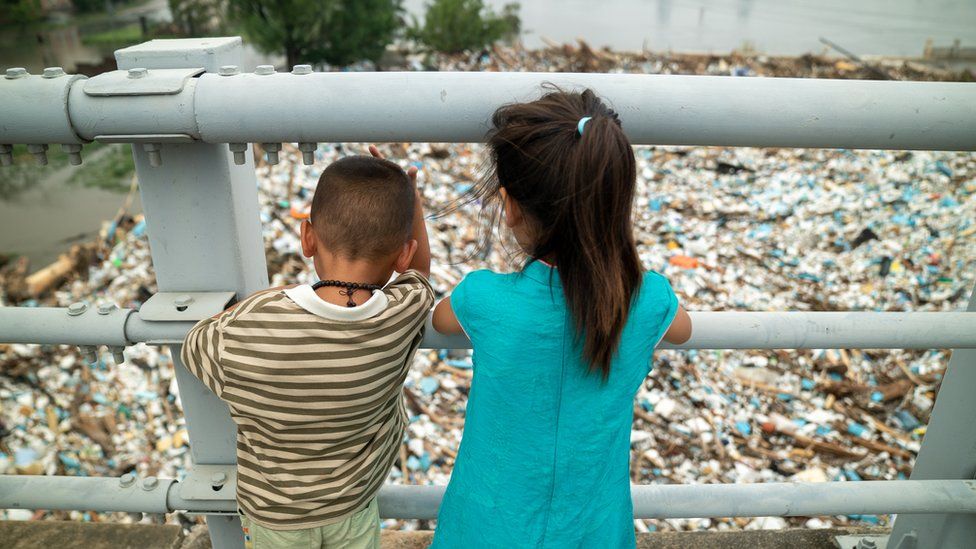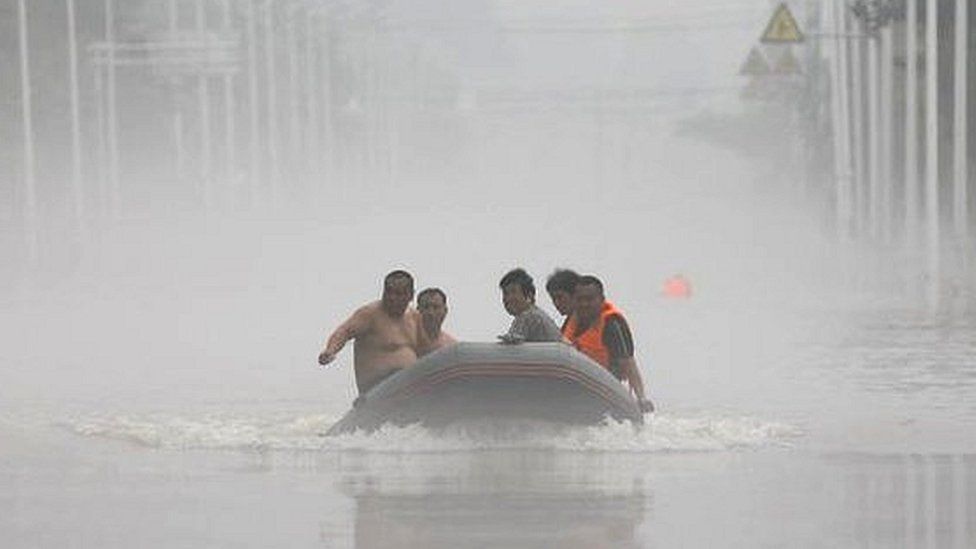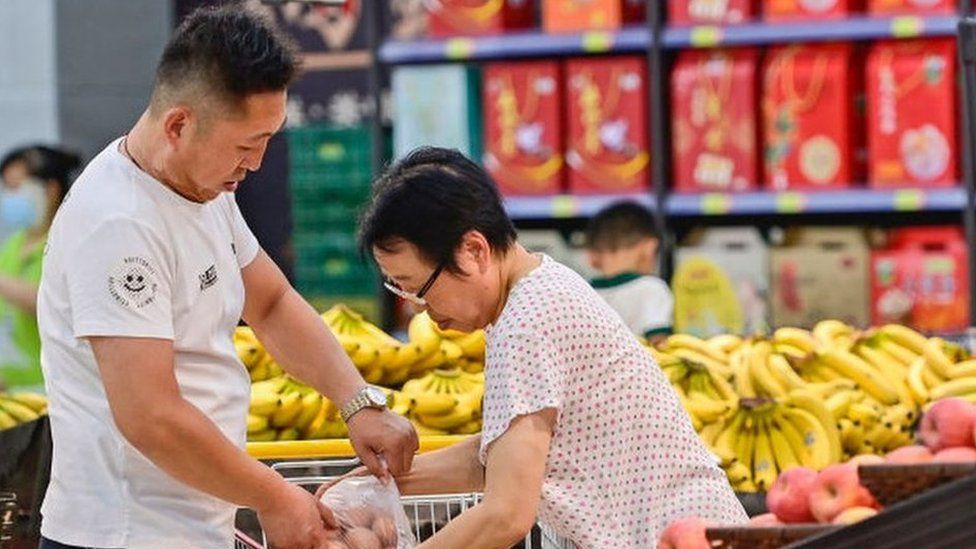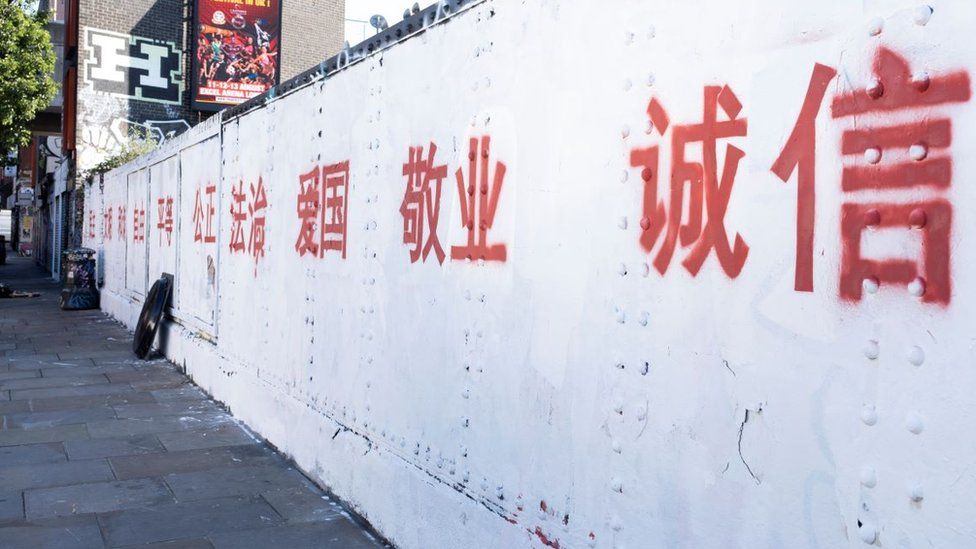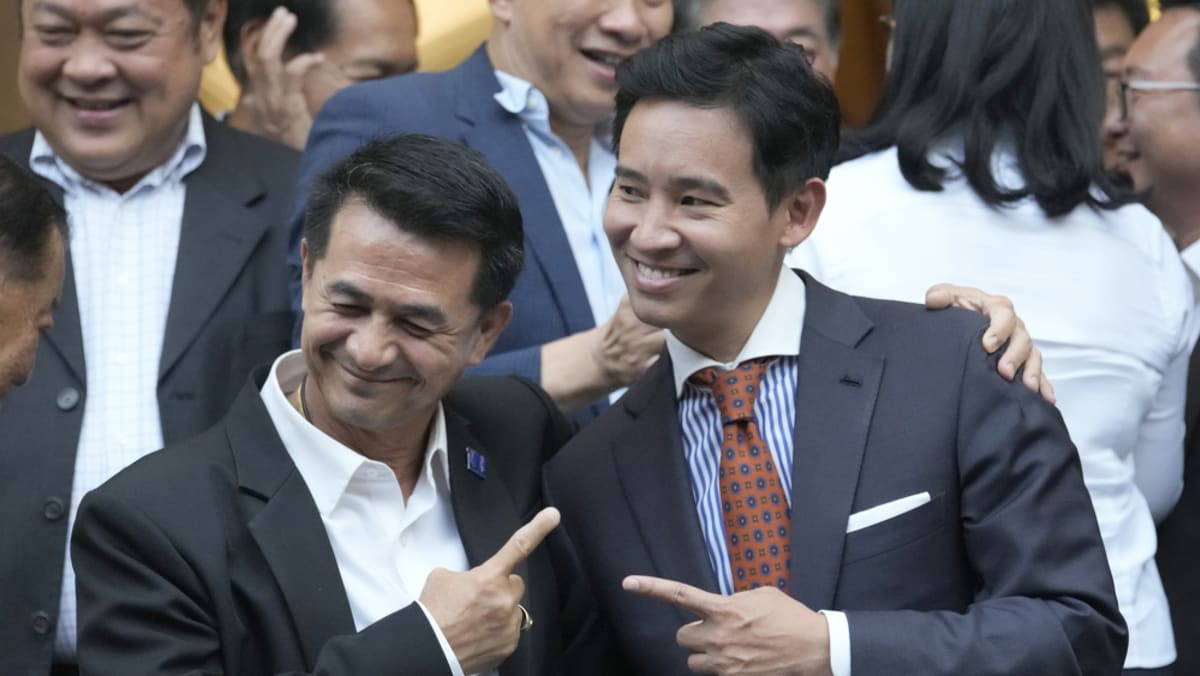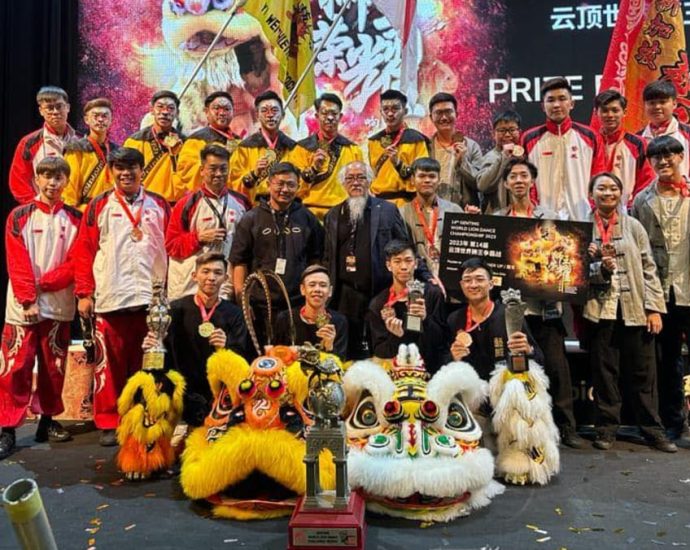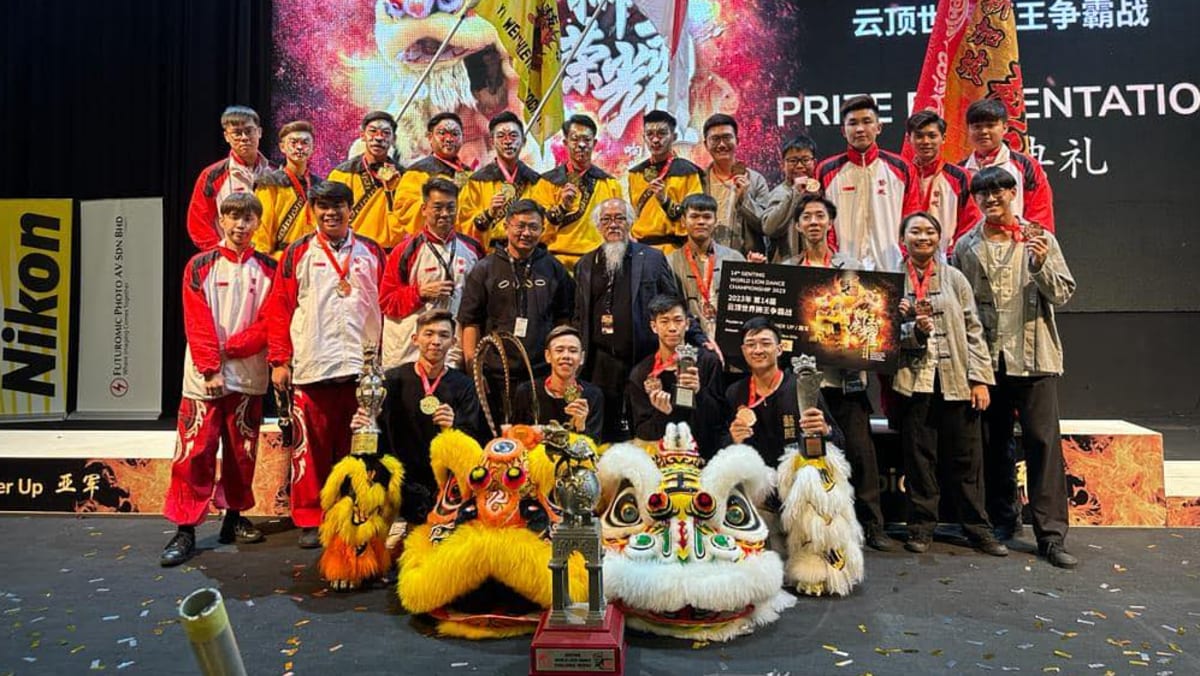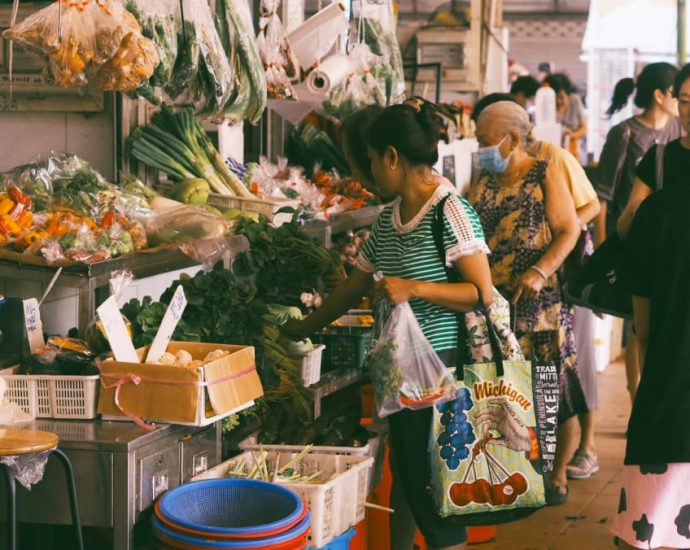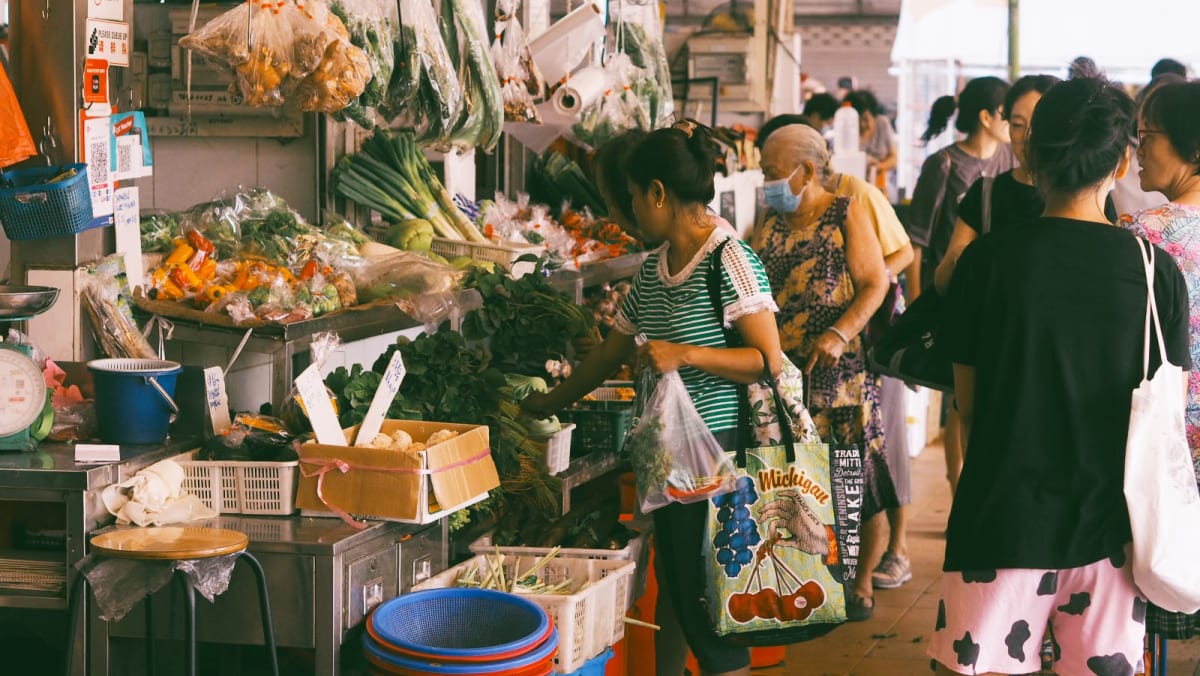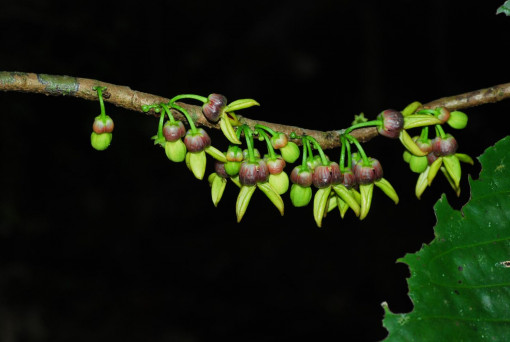A weekend in Ho Chi Minh City: What to see, where to eat, what to do in Vietnam’s largest city
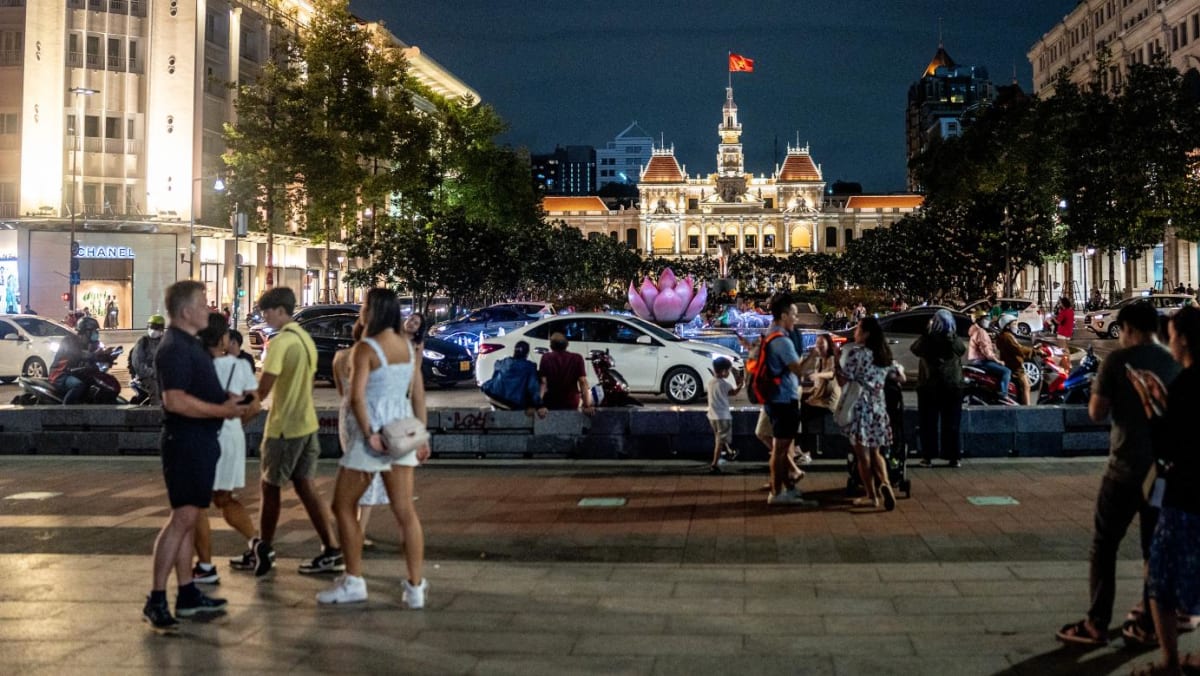
The museum is filled with photographs depicting the brutalities that the French and later the Americans committed in their losing campaigns against the Vietnamese. In addition to photos of rows of bodies in open pits, burning villages and instruments of torture, the harrowing displays are heavy on graphic shots of Vietnamese deformed by US chemicals like Agent Orange, with hardly any mention of the atrocities the North and South committed against each other.
11.30am: Relax in comfort
The Thao Dien area, across the river from the Binh Thanh District, is home to forests of condo and commercial high rises. Popular with expats and affluent Vietnamese, the area has all the accoutrements of the city’s upturn, from chic boutiques to gourmet eateries.
For brunch, visit Laang, a stylish, vegetarian-friendly Vietnamese restaurant that may be a welcomed alternative to the multitude of uncomfortably warm, open-air eateries. You can’t go wrong with a platter of wraps and rolls, including succulent grilled chicken and veggies wrapped in fresh leaves (239,000 dong), sweet and savoury grilled eggplant stuffed with shiitake mushrooms (109,000 dong) and the refreshing pomelo, lime and butterfly pea juice (79,000 dong).

